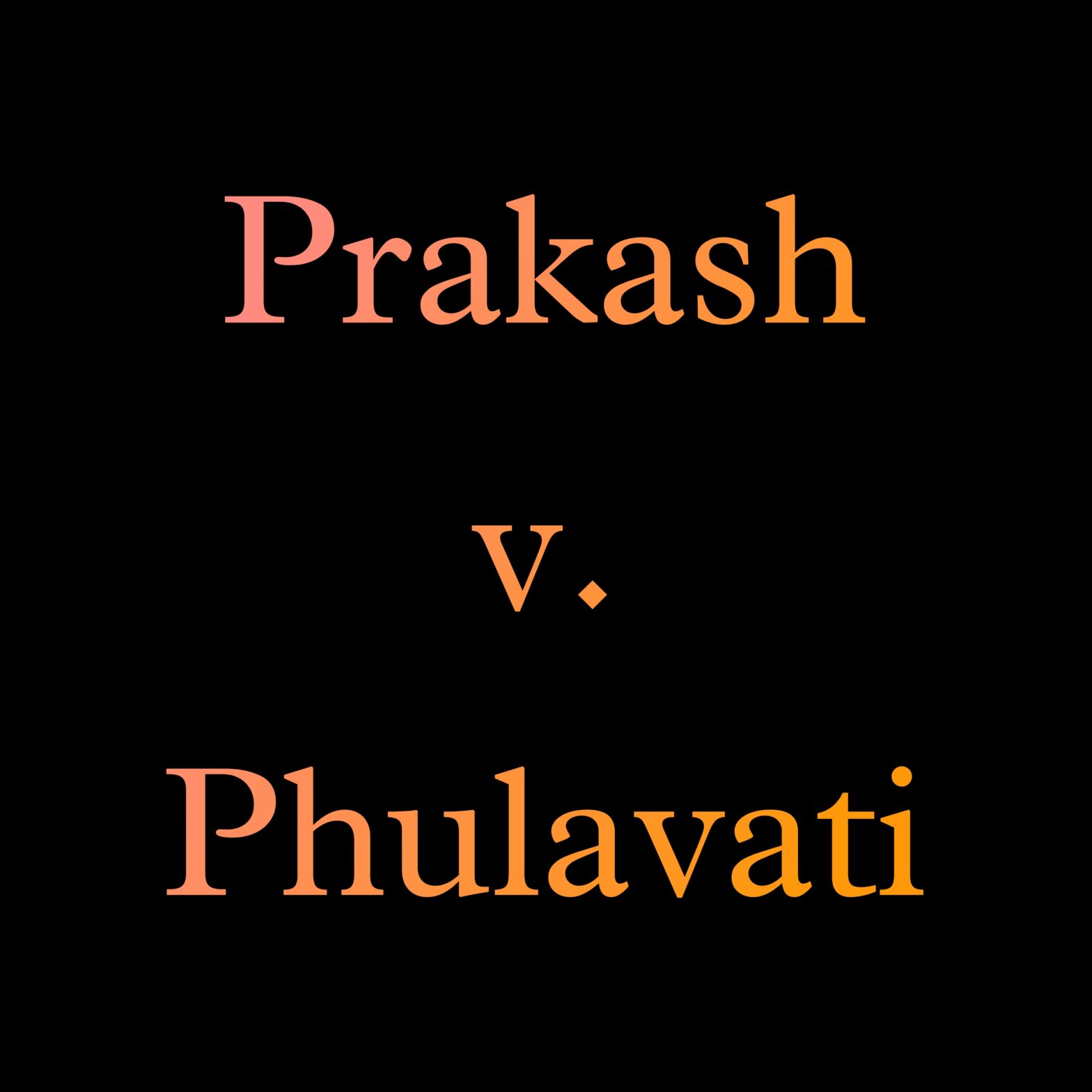Citation: (2016) 2 SCC 36
Date Of Judgement: October 16, 2015
Name Of Parties: Petitioner- Prakash; Respondent- Phulavati
Facts
The dispute was about the ancestral and self-acquired property and retrospective application of the Hindu Succession (Amendment) Act, 2005. The Respondent in the Supreme Court petition had filed a suit in the Trial Court of Belgaum, claiming for partition and possession of a certain percent of ancestral properties, which were acquired by her (respondent’s) father and different percent of share in another property. The death of Respondent’s father, who had acquired the ancestral property, happened on the 18th of February 1988. After his death, Respondent acquired the ancestral properties.
The Trial Court considered all of those pleadings which were not relevant to the case per se and this led to a delay in the declaration of the judgement. Though the exact date of the Trial Court verdict is not known, the case was filed in 1992 and the first appeal in High Court was made in the year 2007, almost immediately after the Trial Court verdict. This can be used to estimate the delay made in delivering the Trial Court verdict. When the Amendment act came into effect on the 9th of September 2005, the Respondent, according to Section 6(1) of the Act, rightfully claimed her share of the property according to the Amendment Act. The Trial court partly allowed the suit. The Respondents approached the High Court and the High Court’s decision was overruled by the Supreme Court.
Issue
- Whether the amendment is applicable even if the respondent’s father had died after the act came into existence?
- Whether the Amendment Act can apply to the partition effectuated without the decree of the court?
- Whether the Amendment Act can be applied retrospectively?
Holding

The Supreme Court also rejected the contention of the Respondent that the Amendment Act was social legislation and hence, it should be applied retrospectively. The Supreme Court held that even though the Amendment Act is social legislation, it cannot be applied retrospectively, unless intended by the legislature and expressly provided under such legislation.
The Respondent had claimed that a daughter acquired the right to all her father’s property by birth, irrespective of the date of his death, whether it is before the commencement of the Amendment Act or afterward. The Supreme Court rejected this contention stating that legislature has expressly made the Amendment Act applicable from 9 September 2005 and only if the death of the coparcener in question is after the said date, the provisions of the Amendment Act will be applicable. Hence, there is no scope for any other interpretation because of the express language of the Amendment Act.
Hence, the appeal of the Appellant was allowed.
Comment
In this case, the judgement of the Apex Court verified all the cases and concluded that as there were varied factual situations the ruling cannot be applied directly without consideration. Though the question was not wholly about the factual situations of those cases, it was relevant in the sense of considering the scenario in which such judgements were delivered. The apex court distinguished between Section 6 of the Hindu Succession Act and the Amendment Act and said that even after that act expressly not mentioning the retrospective application, it would not be appropriate to consider it as social legislation and apply it retrospectively.
